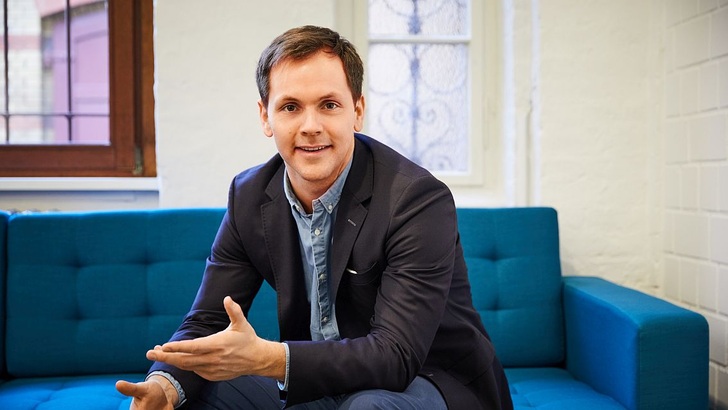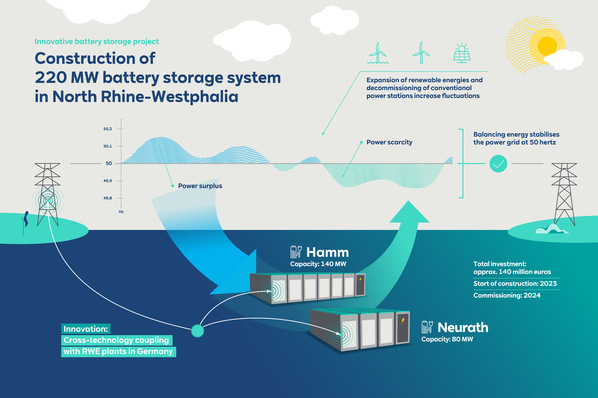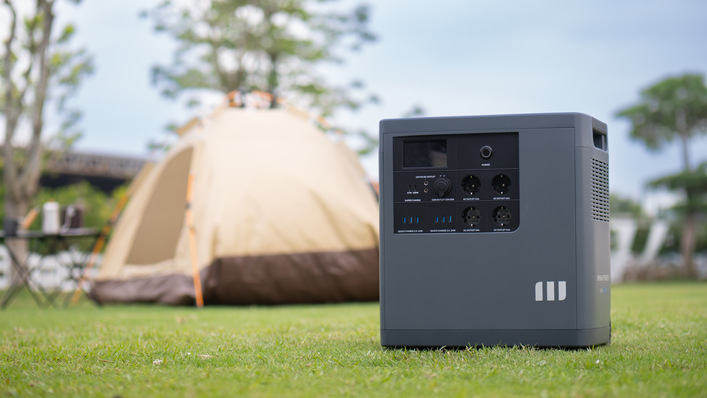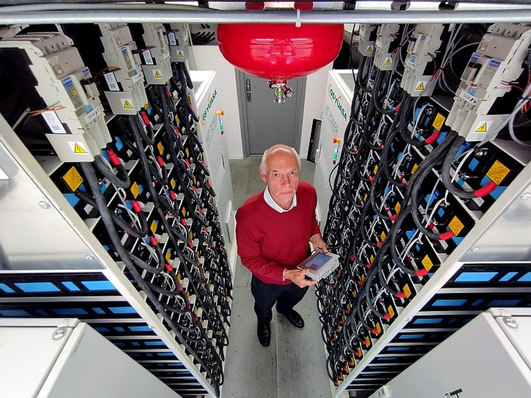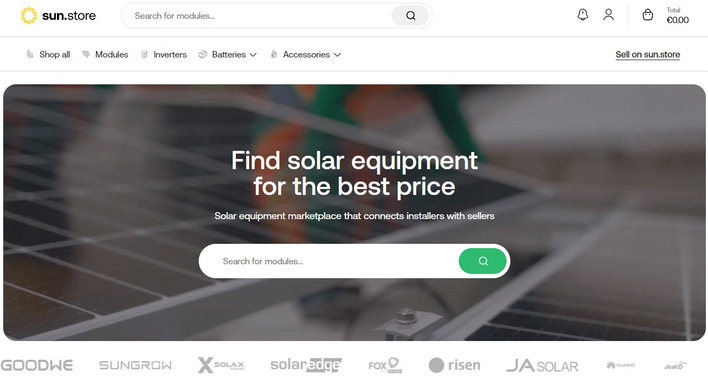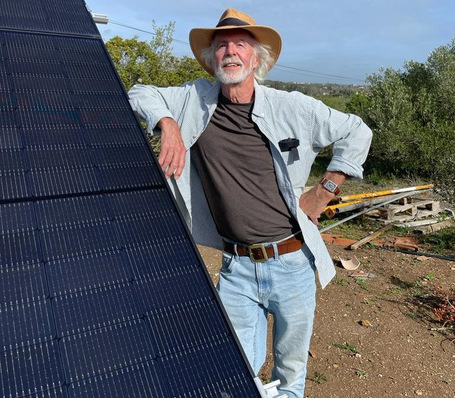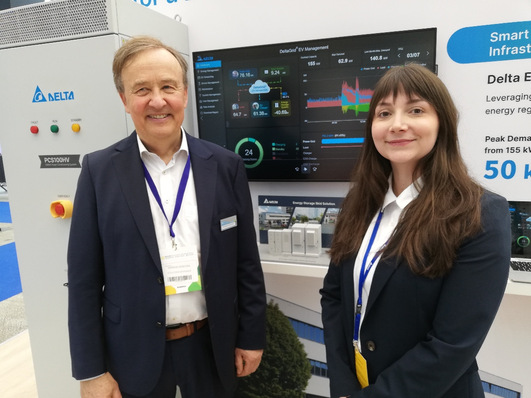pv Europe: How would you evaluate your business for 2016?
Philipp Schroeder: In 2016 we sold a total of 7,200 storage units. This means that we managed to double our sales compared to the previous year. Turnover increased by 26 million euros to 42 million euros. So despite the brouhaha over the public funding, we have reason to be cheerful.
Is external funding even a factor anymore?
The fact is, it is becoming less important. In 2016, our storage units were only externally funded to the tune of 30 percent. In the last quarter we saw what amounted to a final spurt. That, however, had little to do with external funding, but rather with us introducing our Sonnen flat rate. November and December were our best months.
Did that continue into the new year?
In the first quarter, business was significantly stronger than the same period of the previous year. We are now reaping the reward of providing training to installing companies and setting up our CRM system so that our inside sales team can cooperate with our partners via this platform. We use it to generate and distribute customer contacts as well as conducting our customer service.
What prospects do you see for this year?
We are hoping that the PV market will pick up again. These days, between 80 and 90 percent of all solar generators, at least for private customers, are set up in combination with storage. We are also expecting the storage market to become independent from the solar market.
What quantities are you hoping to sell in 2017?
If it continues as it has started, sales could range between 10,000 and 13,000 units. That would be further growth by 50 percent, and it would include international sales which are growing in importance: In Italy, we sold 1,200 systems in 2016. The market there only got underway in March, when the first funding programme for storage was launched in Lombardy. We sold about a thousand units in the US. The Australian market is also rearing its head as of March 2016.
How could the foreign markets continue to develop?
In general, we start out in new markets such as Italy or Australia by installing storage units, i.e. hardware. The next step then is launching our Community. In Italy, we will announce this together with the utility Edison. The Australian electricity market already is liberalised. Power grids there tend to fluctuate very strongly. The market for primary regulation is open to anyone. By late 2017, we are planning to get involved as an independent utility.
How do you see the developments in Europe?
I expect that the storage market in the UK will grow significantly. Traditionally, the UK has not had a feed-in tariff for solar electricity, but rather a generation tariff which incentivises the generation of solar power – regardless whether it is for feeding into the grid or self-consumption. The only constraint on this market is that after the drastic slump, many solar installing companies dropped out of the market. Also, storage units that connect on the AC side were defined as generators and taxed accordingly. Now, that legal situation has been changed: Installing companies can legally sell and install such systems. Regulation energy also plays a major role. Megawatts’ worth of large-scale storage has been connected to the grid in the UK. Because of the metres by tiko, our batteries are very suitable to this market.
Do you see other markets on the rise?
For example, in Sweden we sold several units. Naturally, this market does not have as large a potential. In Sweden the state subsidises investments in storage with 60 percent, which is a decent amount. In Spain there are some legal barriers, but things are also beginning to move there. The government in Madrid is very worried about a recurrence of cases of feed-in tariff fraud that once happened in connection with PV. On the other hand, because of the high solar irradiation and the strong prevalence of PV in some regions, the Spanish market is very interesting when it comes to retrofitting storage units. In Belgium, we have already sold several hundreds of SonnenBatteries.
This year, the sector is expecting significant rise in commercial energy storage. Are you also expanding into that segment?
We at Sonnen see ourselves as a brand for the end customers. Our SonnenBatterie Pro can cover up to 48 kilowatt hours, which should be interesting at least to smaller businesses. Any projects larger than that require their own planning department, i.e. a team of engineers, because storage solutions like that are planned, designed and installed to fit the specific requirements of a given company. Pre-financing and financing of such projects also demands specific solutions.
How do you arrange the cooperation with the installing companies?
We cooperate very closely and directly with our partners and make it a point not to go through wholesalers. We support our partners in all aspects, such as marketing, service and sales. For instance, we use our online platform or our hotline to collect leads to potential customers and pass these on to our partner installation companies for free. That way they no longer need to buy in leads from elsewhere and are continuously supplied with new contacts to stakeholders interested in us. Together with our partners, we have settled on an average price for a PV installation, which, depending on the scale and complexity of his needs, we can quote customers on our website. We not only market energy storage units, but can also offer PV solutions to go along with them.
So your business is expanding outward from just energy storage...
Ultimately, we provide installing companies and their customers with PV, energy storage units and the electricity contract, all as one package. Partners such as Energeticum sell 100 storage units in a month, and this is how we develop such synergies. We are partners to the installing companies – their front end into the end customer market. This allows us to increasingly get into competition with the utilities. We no longer really see ourselves as competing with other manufacturers of PV or storage units. (Heiko Schwarzburger)
Get to know more about energy storage
Stay informed, get our free newsletter twice a week. Register here: http://www.pveurope.eu/Newsletter
Related news:
http://www.pveurope.eu/News/Energy-Storage/Energy-storage-costs-prices-and-finance-at-a-glance

